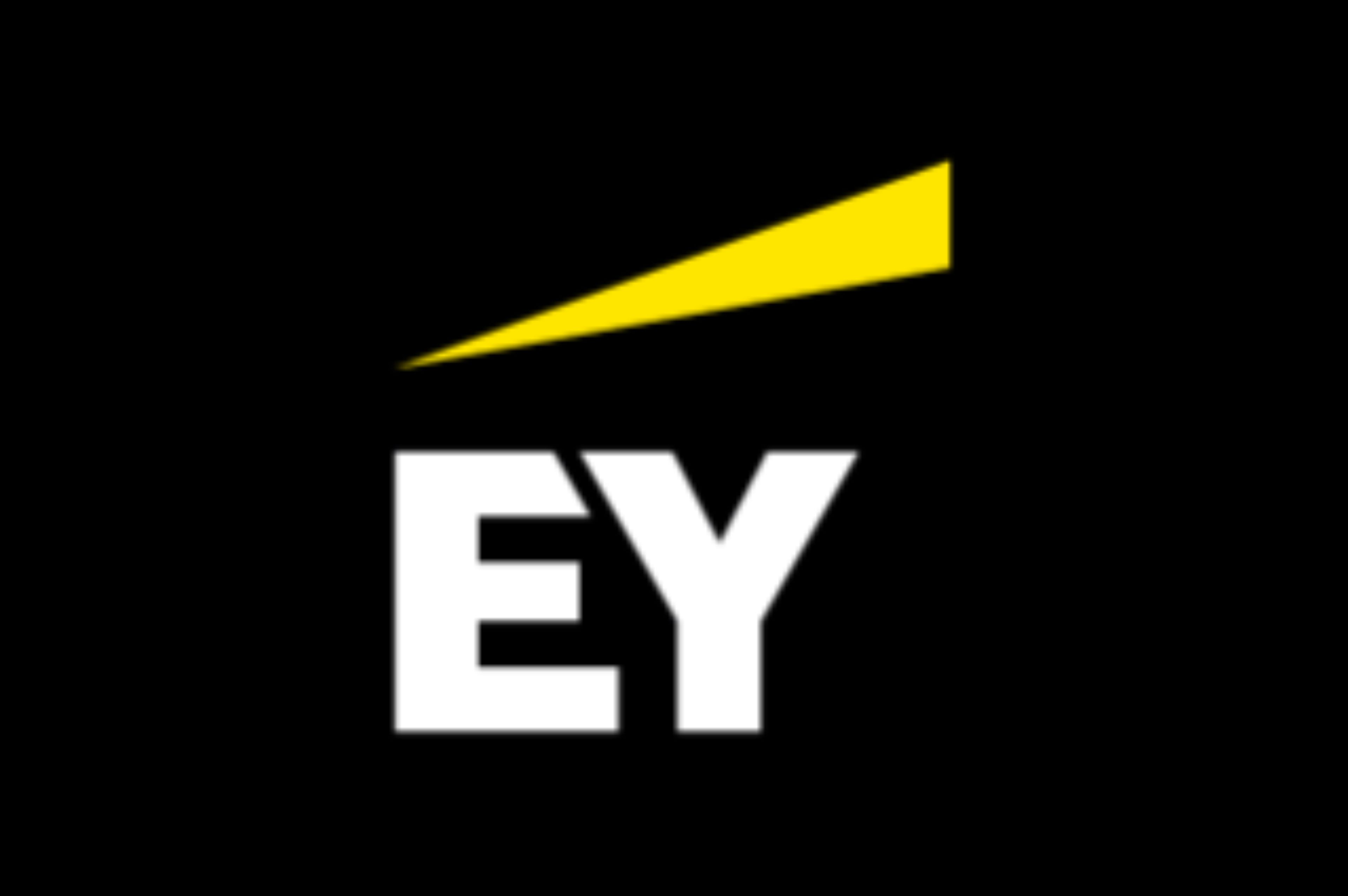EY Law LLP is a Canadian law firm, affiliated with Ernst & Young LLP in Canada. Both EY Law LLP and Ernst & Young LLP are Ontario limited liability partnerships. For more information about the global EY organization please visit www.ey.com.

Tax Alert No. 55, 16 November 2020
On 24 September 2020, Quebec Bill 42, An Act to give effect to fiscal measures announced in the Budget Speech delivered on 21 March 2019 and to various other measures, as amended, received Royal Assent. Among other measures, Quebec Bill 42 contains measures first announced in the 21 March 2019 Quebec Budget and further detailed by the Ministère des Finances in Information Bulletin 2019-5 released on 17 May 2019 relating to new mandatory disclosure requirements with respect to nominee agreements.1
These new measures require that a taxpayer who is a party to a nominee agreement entered into in the course of a transaction having tax consequences must disclose said agreement by way of a mandatory information return by 23 December 2020 or 90 days after conclusion of the nominee agreement, whichever is later.
The obligation applies to all nominee agreements entered into on or after 17 May 2019, as well as agreements entered into before this date where the tax consequences (of the transaction in the course of which the agreement was entered into) continue after 16 May 2019.
In adopting these new measures, the Quebec Revenue Agency’s (QRA) objectives are to ensure greater transparency of the tax system and to discourage the use of nominees for tax evasion and tax avoidance purposes.
In addition to the above-mentioned measure, Quebec Bill 42 implemented certain other measures regarding sham transactions and the mandatory disclosure of certain prescribed transactions to be later determined by the QRA.
What is a “nominee agreement”?
A nominee agreement represents an agreement whereby one party, the nominee, agrees to act on behalf of another party, the principal, to execute a legal document or similar, but without disclosing the relationship to third parties (thereby giving the appearance that the nominee is acting in its own name). Although the concept of nominee agreement is not defined in the income tax legislation, the use of a nominee agreement is legal and is essentially based on articles 1451 and 2130 of the Civil Code of Québec relating to simulation and mandate in Quebec. However, these new measures will apply to all nominee agreements, regardless of the legislation under which they are constituted, as long as they have tax consequences in Quebec. At the 2019 Association de la planification financière et fiscale (APFF) annual conference, the QRA confirmed that there will be no change to the current understanding of what a nominee is. Unlike the owner, the nominee has no beneficial interest in the property. These types of agreements are commonly seen in a real estate ownership context where the relationship between the parties is governed by an alternate contract as opposed to the apparent contract available to third parties such as the QRA.
Given the more “secretive” nature of nominee agreements, disclosed agent relationships are generally not subject to this new disclosure requirement. Indeed, the QRA has clearly identified three exceptions to which the disclosure obligation would not apply (unless they otherwise constitute a nominee or a nominee agreement themselves): the securities dealer, solicitor-client relationship or any other mandate. Agreements where only certain parties are aware of the existence of a nominee relationship will thus likely be subject to this new disclosure requirement.
Meaning of “tax consequences”
The term “tax consequences” has not been defined in Quebec Bill 42.
At the 2019 APFF annual conference, the QRA specified that the expression “tax consequences” must be interpreted broadly, to include any duty, tax or dues under the responsibility of the QRA. Therefore, most nominee agreements in a commercial context are subject to the disclosure obligation as they typically create tax consequences, such as income, expenses and the creation of tax attributes.
The QRA provided two examples of a situation where tax consequences continue after 16 May 2019, and compliance with the new disclosure requirement is mandatory: the acquisition of a rental building or the accumulation of years for the purposes of the principal residence exemption.
In the view of the QRA, if the parties to the nominee agreement had disposed of the property prior to 17 May 2019, the tax consequences of the agreement would have ceased at that time and no disclosure of the nominee agreement would be required.
Furthermore, during the Journée d’études fiscales hosted by the Canadian Tax Foundation on 11 July 2019, the QRA specified that the term “tax consequences” refers only to “income tax consequences” and not other tax consequences such as sales or land transfer taxes.
The QRA also specified that there is no obligation to disclose a nominee agreement if it was concluded by an individual with a related person at the request of a financial institution when financing the purchase of an immovable intended only for the individual’s own personal use, provided the related person did not co‑sign for more than 50% of the fair market value of the immovable.
What must be disclosed?
Prior to the assent of Quebec Bill 42, the existence and purpose of nominee agreements were asked to be disclosed to the QRA on the CO-17, Corporation Income Tax Return (Form CO-17), in order, among other things, to prevent the nominee from having to pay income tax on the revenue generated by the real property and to facilitate the collection and remittance of the GST/QST by the beneficial owner as well as the treatment of any GST/QST input tax refund or rebate claims.
The new disclosure requirement replaces the disclosure of nominee agreements by means of Form CO-17 as the disclosure must now be made on prescribed form TP-1079.PN-V available online since 8 October 2019, which will need to be filed under separate cover by registered mail, along with the nominee agreement, counter letter or apparent contract, if it exists. The nominee portion of Form CO-17 will be withdrawn.
It is important to note that parties that have already disclosed the existence and content of their nominee agreement to the QRA using Form CO-17 must disclose it again.
Among other items, the information return requests the taxpayer to disclose information regarding the nominee agreement in place, which includes the following:
- The date the nominee agreement was entered into;
- The identity of the parties to the nominee agreement;
- A complete description of the facts of the transaction that is sufficiently detailed to enable the QRA to analyze it and have a proper understanding of the tax consequences; and
- The identity of any person or entity in respect of whom the transaction has tax consequences.
The QRA will accept one disclosure per nominee agreement, either by the nominee or the mandator. In this regard, the disclosure made by one of the parties to the nominee agreement will be deemed to have been made by the other party as well.
In the case of a limited partnership that is a party to a nominee agreement, the obligation to disclose applies only to all of its general partners, and not to its limited partners.
Filing deadlines
Nominee agreements entered into on or after 17 May 2019 must be disclosed to the QRA on the later of the following dates:
- The 90th day after the date on which the agreement was entered into; and
- The 90th date after the date of assent of Bill 42 (i.e., 23 December 2020).
As previously mentioned, parties to such an agreement entered into prior to 17 May 2019 are also required to file a disclosure by these deadlines at the latest, to the extent that the tax consequences of the transaction or series of transactions in respect of which the agreement relates continue after 16 May 2019.
Failure to disclose
A taxpayer or a member of a partnership, as applicable, who fails to disclose by filing a duly completed copy of the above-mentioned form by the deadline will be jointly liable with the other party to the agreement for a $1,000 penalty on the first day after filing deadline, and an additional penalty of $100 per day for every day the failure continues afterward, up to a maximum of $5,000.
More importantly, failure to disclose a nominee agreement entered into in connection with a transaction or series of transactions will result in the suspension of the normal reassessment period in respect of that transaction or series of transactions. Late disclosure of the nominee agreement will restart the statute-barred period.
Prescribed transactions
The Royal Assent of Quebec Bill 42 also allows the government to publish, through the Gazette officielle du Quebec, the list of prescribed transactions for which a mandatory disclosure will now be required. No list has been published as of yet.
Learn more
For more information, please contact your EY or EY Law advisor or one of the following professionals who can assist you in filing late-filed preventive disclosures or provide you with other advice in relation to these new measures.
Montreal
Stephane Leblanc
+1 514 879 2660 | stephane.leblanc@ca.ey.com
Marie-Claude Marcil
+1 514 879 8209 | marie-claude.marcil@ca.ey.com
Stéphanie Brouillard
+1 514 879 8241 | stephanie.brouillard@ca.ey.com
Download this tax alert
Budget information: For up-to-date information on the federal, provincial and territorial budgets, visit ey.com/ca/Budget.

